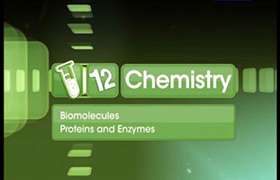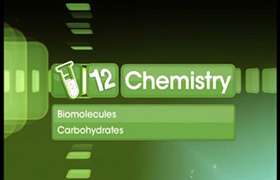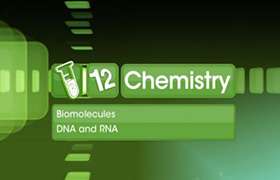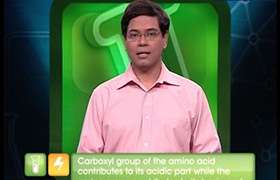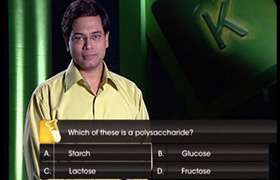CBSE Class 12-science Answered
What is methylation and acetylation?
Asked by aarohi kc | 01 Apr, 2011, 02:36: AM
Dear Student
Methylation is the addition of a methyl group to a substrate or the substitution of an atom or group by a methyl group.

Similarly, acetylation is a process which introduces an acetyl functional group into achemical compound. (Deacetylation is the removal of the acetyl group.).
A reaction involving the replacement of the hydrogen atom of an hydroxyl group with an acetyl radical (CH3CO) to yield a specific ester, the acetate. Acetic anhydride is commonly used as an acetylating agent reacting with free hydroxyl groups.
We hope that clarifies your query.
Regards
Team
Topperlearning
Answered by | 03 Apr, 2011, 05:24: PM
Concept Videos
CBSE 12-science - Chemistry
Asked by siddhisharma9633 | 07 Feb, 2024, 01:28: PM
CBSE 12-science - Chemistry
Asked by praveenk5480 | 31 May, 2021, 11:22: AM
CBSE 12-science - Chemistry
Asked by Yashnikalje567 | 26 Jan, 2021, 03:36: PM
CBSE 12-science - Chemistry
Asked by naikmamata688 | 02 Aug, 2020, 09:41: AM
CBSE 12-science - Chemistry
Asked by shahwajahat1604 | 03 Jun, 2020, 09:10: PM
CBSE 12-science - Chemistry
Asked by lijupalapatta | 18 Mar, 2020, 04:03: PM
CBSE 12-science - Chemistry
Asked by lovemaan5500 | 27 Nov, 2019, 12:23: PM
CBSE 12-science - Chemistry
Asked by rohitraman1115 | 24 Sep, 2019, 05:45: PM
CBSE 12-science - Chemistry
Asked by rohitraman1115 | 19 May, 2019, 12:36: PM
CBSE 12-science - Chemistry
Asked by Atulcaald | 19 May, 2018, 12:05: AM

